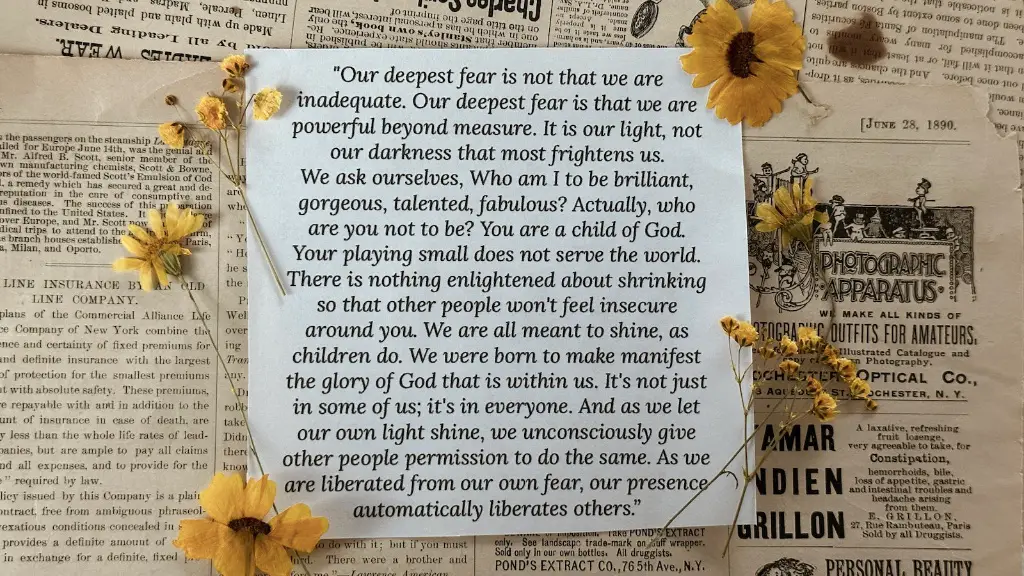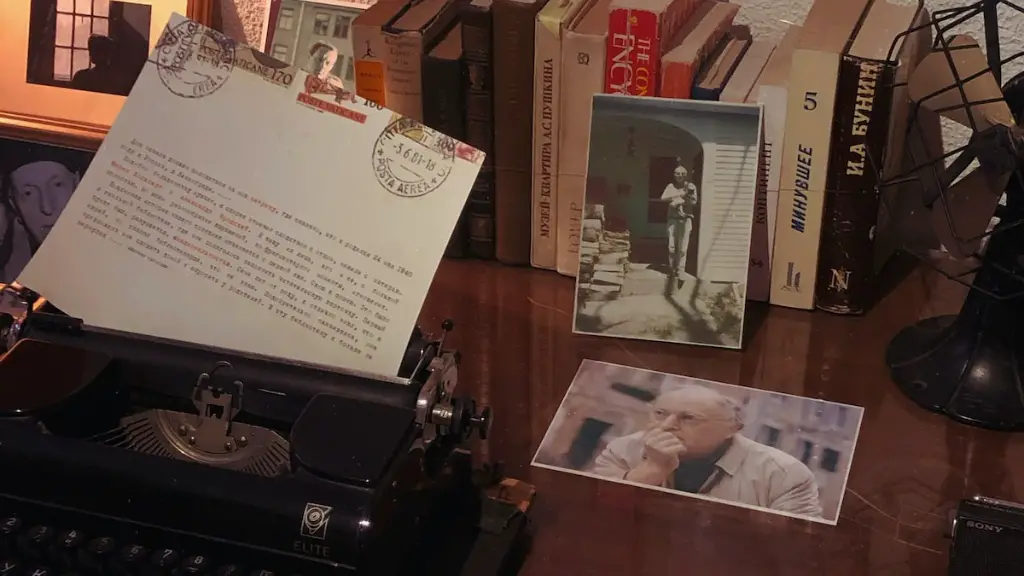Basics of spoken word poetry
Spoken word poetry is a form of art that combines the rhythm and meter of poetry with a performance element. It can be as short or as long as the author wants it to be, and is usually performed in front of an audience. The performance of spoken word poetry can take many forms, and the poet must use their words and the power of their voice to evoke the emotions that are represented in the text.
The main purpose of spoken word poetry is to capture the attention of the audience and evoke emotion from the poet’s words. It is a unique form of expression that allows the poet to connect with their audience in a powerful way. The poet is able to create an atmosphere and convey their message to the audience using the power of their words and their performance.
Preparing for a spoken word poetry performance
One of the most important steps in preparing for a spoken word poetry performance is to choose the right material. A spoken word poet must carefully select the right speech, poem or narrative that can be successfully conveyed in a spoken word format. It is advisable to choose pieces that have a strong narrative or which can easily capture the emotions of the audience. It is also important to make sure that the material chosen is not too long or contains too much complicated language.
The next step is to practice. As with all forms of performance, rehearsal is essential in order to deliver a successful spoken word poetry performance. Poets must also practice their breathing and delivery in order to ensure that they are able to capture the attention of their audience.
Writing spoken word poetry
When writing a spoken word poem, it is important to find the right words to convey the message. A good rule of thumb is to focus on rhythm and the use of language to evoke an emotion. Poets should also pay attention to the way that words sound when read aloud, and strive to create a contrast between the words and their meaning. Additionally, the use of techniques such as alliteration, assonance and imagery should be used to create an emotional atmosphere.
Performing spoken word poetry
Performing spoken word poetry is an art form which requires skill and practice. The performer should strive to use their voice to convey the meaning behind their words. They should pay attention to their tone and the volume of their voice in order to create a powerful atmosphere. It is also important for performers to practice their breath control and use that to establish a flow in their performance.
Tips for delivering spoken word poetry
When delivering a spoken word performance, it is important to be confident and unique. Poets should begin by introducing themselves and the poem to the audience. This serves to establish a connection with the audience and set the mood of the performance.
Additionally, the performer should strive to make eye contact with the audience and use hand gestures to emphasize their words. They should also use their voice to create a range of emotions and energy in their performance. This will help to keep the audience engaged and will help convey their message in the most effective way.
Utilizing technology in spoken word poetry
Technology has become an essential part of spoken word poetry performances. Poets can use tools such as audio equipment, video projection and lighting to add a new layer of depth to their performance. Audio equipment can be used to create loops and add a musical backdrop to the performance. Video projection can be used to illustrate the poem in a visual way, creating a more dynamic performance. Additionally, lighting can be used to set the mood and enhance the overall performance.
Spoken word poetry in the classroom
The teaching of spoken word poetry in school classrooms can be an incredibly powerful tool for students to develop communications skills and to discover their own voice. By introducing students to spoken word poetry, teachers can give them a platform to express themselves and to explore their own creativity. In the classroom, students can explore the power of their voices, practice delivering a performance and discover how to convey powerful messages through spoken word poetry.
Spoken word poetry competitions
Spoken word poetry competitions are a great platform for poets to showcase their work and network with other poets. Competitions can help poets hone their performance skills, while also providing an opportunity to win prizes or gain recognition. Additionally, many competitions are run by organizations or festivals which can provide poets with a platform to build their career.
The benefits of spoken word poetry
Spoken word poetry can be a powerful tool for expression and communication. It allows poets to share their stories, experiences and emotions in a unique way. By performance-based art form, poets can engage their audience and convey meaningful messages in a powerful way. Spoken word poetry can also be used to create an atmosphere of emotion which is often hard to achieve through other forms of expression.
Conclusion
Spoken word poetry is a powerful form of expression that can be used to convey meaningful messages. By understanding the basics and preparing for performance, poets can create powerful experiences for their audiences and discover the power of their voices. Additionally, spoken word poetry can be used to discover one’s own creativity, to network with other poets and win competitions. Overall, spoken word poetry is an incredibly powerful tool for expression and communication that should be embraced by poets and audiences alike.


